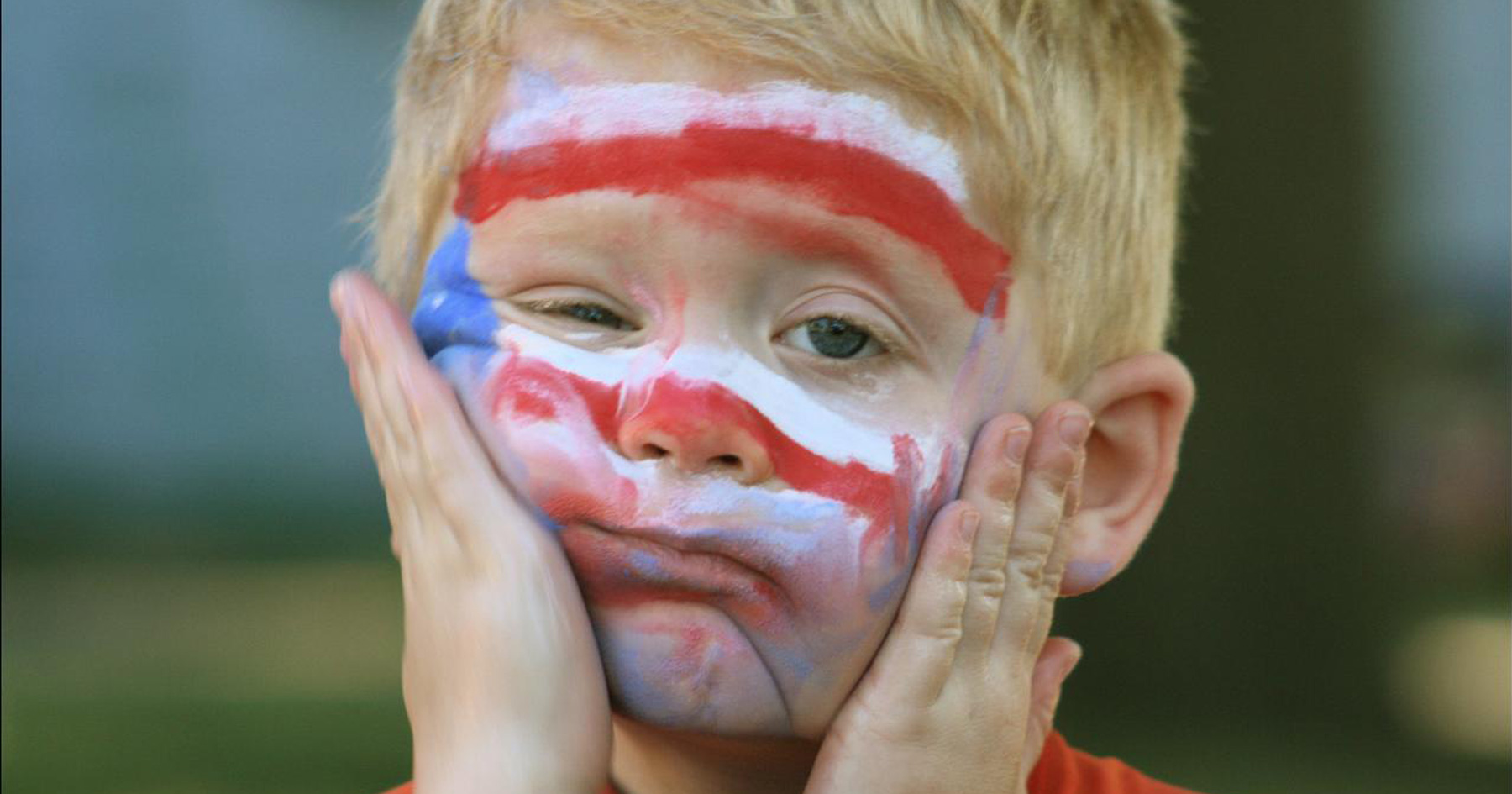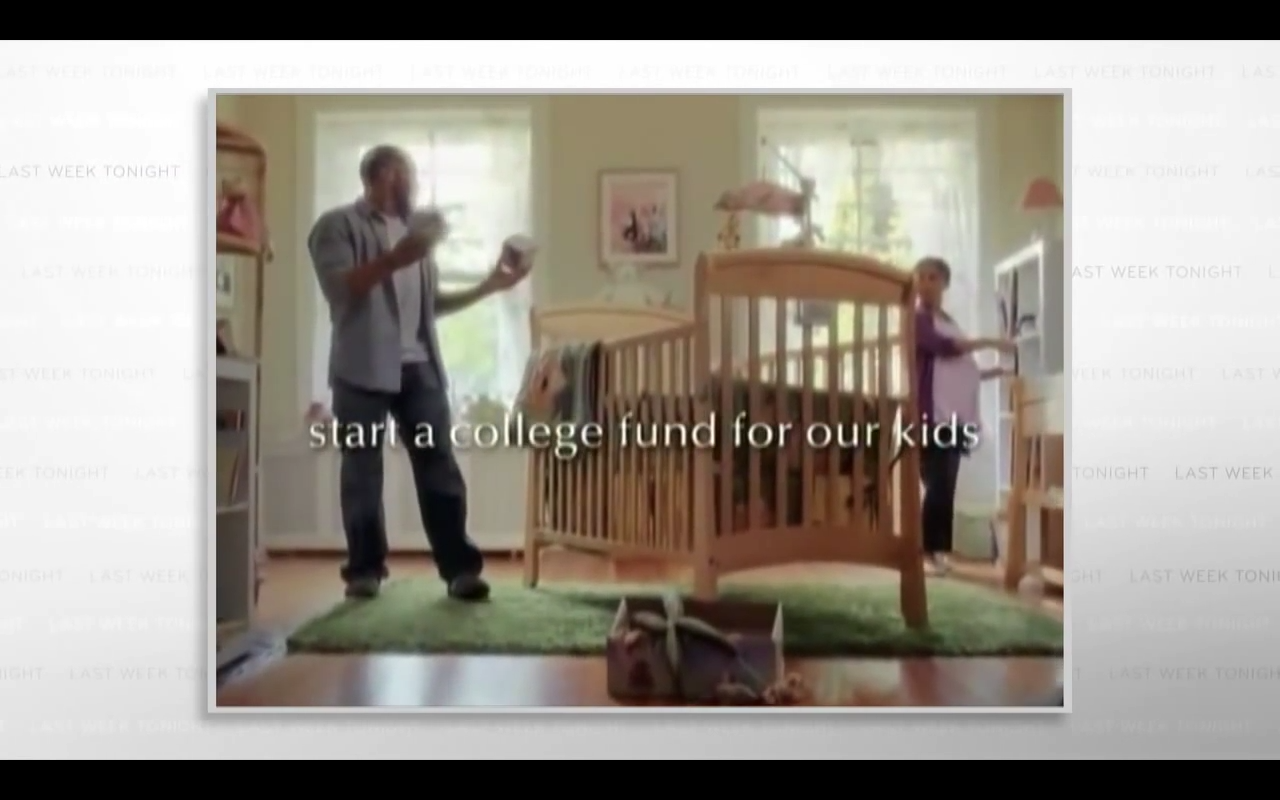What You Need To Know About the Lottery

By:
Tonight is the night that someone will win $900 million in the biggest Powerball jackpot to date. There's no doubt that the lottery is popular — USA Today reported that $277 million worth of tickets were sold as of Friday with another $400 million expected Saturday. But here is why you should think twice before purchasing your next lottery ticket.
Related: John Oliver on the Lottery: The Odds Will Never Be In Your Favor
1. Your odds of winning are insanely low.
 Flickr/900hp - flic.kr
Flickr/900hp - flic.kr
Really low. Extremely low. Powerball, for which tickets are sold in 44 states, Washington D.C., Puerto Rico, and the U.S. Virgin Islands, offers players a 1 in 292 million chance of winning, according to CNN. Your odds are so low that you are more likely to get killed in a terrorist attack (1 in 10,00,000), get killed during a visit to the Grand Canyon (1 in 8,156,000), or die from an asteroid strike (1 in 74,817,414), according to TIME.
So why do people bother? One expert says that it has less to do with winning and more to do with your imagination.
“There’s a point of view that says people who buy lottery tickets are being foolish because the expected return on their investment is so poor,” Amram Shapiro, a strategic statistician and author of "The Book of Odds," told TIME. “But at the same time there is a kind of mass phenomenon that attracts people. What you’re really paying for is the right to dream about what it would be like to have your life utterly transformed by money.”
2. The lottery preys on poor people.

Winning millions of dollars sounds good to anyone, but it's especially appealing to people struggling to make ends meet. It's hard to argue against the idea of a lucky ticket instantaneously changing one's life. A study by Duke University found that the poorest third of households buy half of all lotto tickets. While anyone is free to spend their money how they want, there's something off-putting about state governments generating revenue from poor people looking for a lucky break.
Related: How Much Do Millennials Make Across America?
3. The lottery advertises false hope.
 Last Week Tonight / HBO - youtube.com
Last Week Tonight / HBO - youtube.com
As you might expect, some lottery advertisements are over-the-top like an ad you'd see for a Las Vegas casino. And others emphasize the revenue produced for schools or other public services by your lotto ticket purchase.
But, as John Oliver pointed out on "Last Week Tonight" last year, some of them sell the lottery as if it's an actual investment plan, suggesting it could help families pay for college or buy a new house:
Given the very steep odds against winning anything as well as the reality that poor, desperate people are more attracted to the lottery, there's something that doesn't feel right about ads selling false hope, especially ads produced by state agencies.
No one says you should feel guilty supporting the lottery, but consider these factors when you see the hoopla over this edition of the Powerball.
